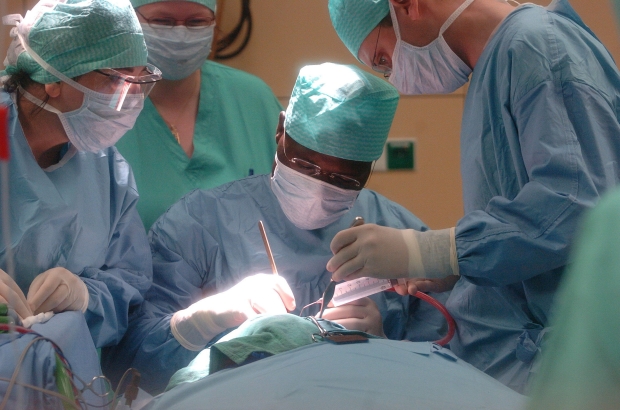- Daily & Weekly newsletters
- Buy & download The Bulletin
- Comment on our articles
Anatomy institutes experience a shortage of bodies donated for medical research
The continuing effects of the coronavirus pandemic is impacting the training of medical students in Belgium as the health restrictions have led to a dearth in corpses being donated for research purposes, RTBF reports.
In the medical world, learning obviously requires advanced knowledge of anatomy. In universities, this skill is obtained during dissection workshops on the corpses of donors. These body donations are essential to the training of medical staff and the advancement of medical care, but in yet another consequence of the ongoing health crisis, university hospitals are now seeing a shortage of donors.
At the Institute of Anatomy of the University of Liège, students have access to between 60 and 80 bodies a year in the dissection rooms. On average, these bodies remain at the institute between six months and two years before they are returned to the donor’s family.
"Having hands-on experience of bodies is essential when it comes to realising the reality of things," explains Dr Pierre Bonnet, urologist and professor of anatomy at ULiège. For students it is also often a first contact with death and "the first time that they are confronted with medical confidentiality; to the ethics and deontology of medical practice, which teaches them to have the maximum respect for patients and here, also for donors."
But the Covid-19 crisis has affected this work and the Anatomy Institute has, until recently, had to put donations on hold for health reasons. Today, while activities have resumed, reserves are low, which makes it complicated to train students, but also to research and train doctors in the hospital. And donors are not easy to find.
"We are not here to convince people, but to support them, "says Dr Valérie Defaweux, associate professor of histology and anatomy at ULiège. "We must support the person when he comes to donate his body, we must be there for the family when the body is with us. And above all, we be there to support the family when the body returns to them at the end of the anatomical work."















